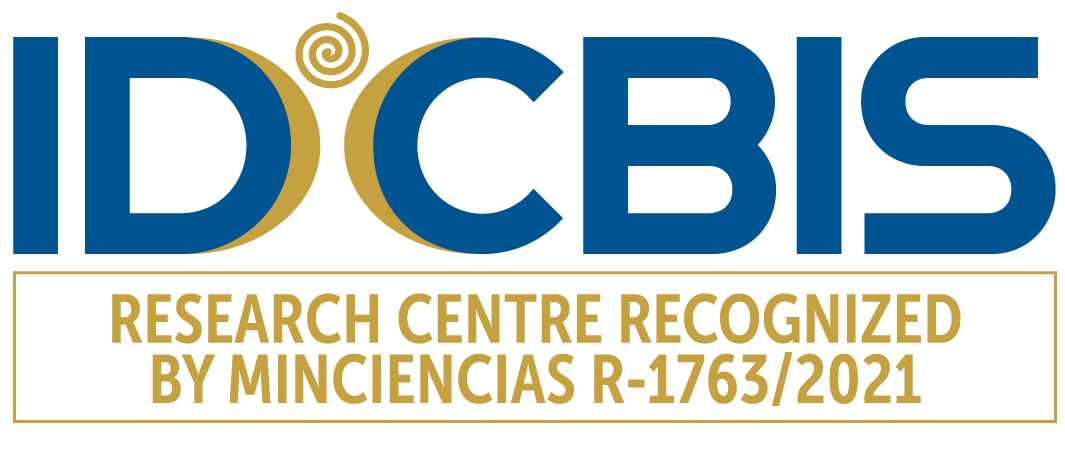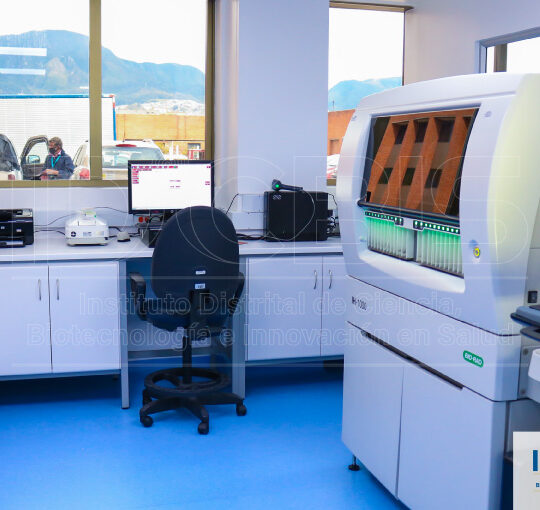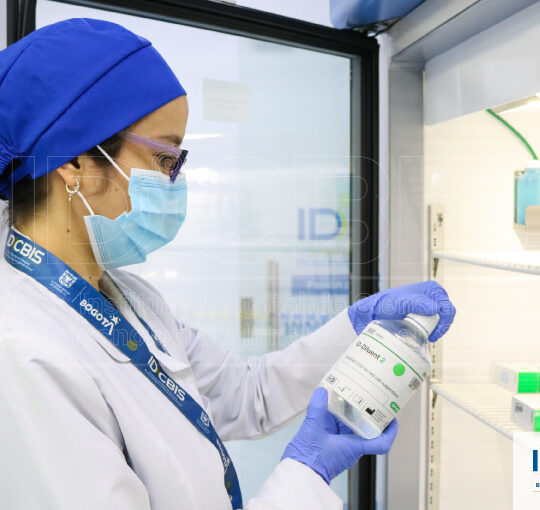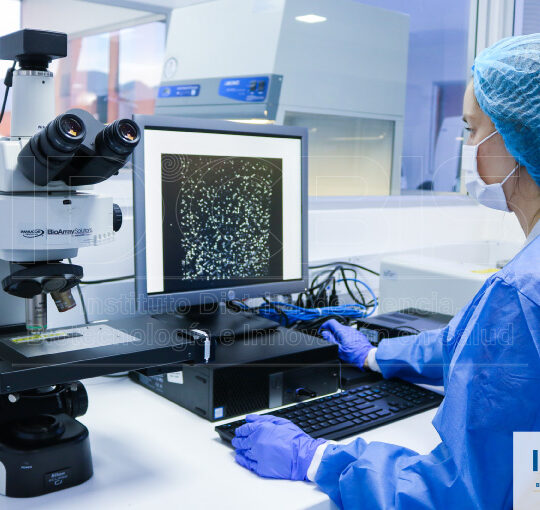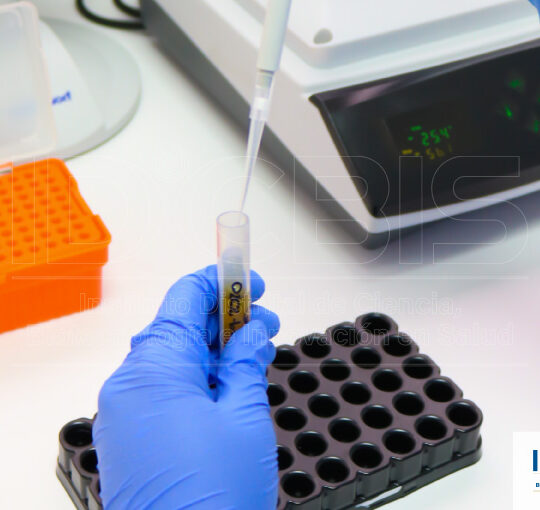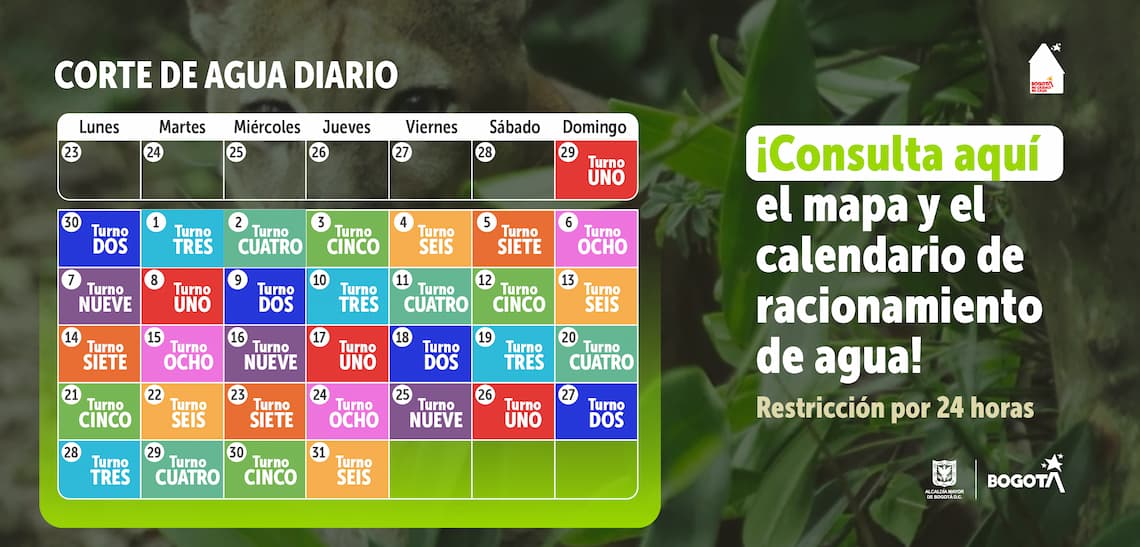In 2020, IDCBIS put into operation the first Molecular Immunohematology Laboratory in Colombia, creating in turn the Registry of Donors with Rare Blood Phenotypes, the first program of its kind in Colombia that will aim to identify people with unique or rare blood groups (i.e. not represented in phenotypes A, B, O, AB or in the RH system), to create a community of people who can be contacted at the national level at the time a blood donation with these characteristics is required.
The program, called IDCBIS Single Donor Registry, will help preserve the lives of that 0.01% of the population that has uncommon blood groups; and therefore, in case they require a transfusion, they are at risk of receiving blood that is not completely compatible and that their immune system could reject by identifying it as a foreign element.








